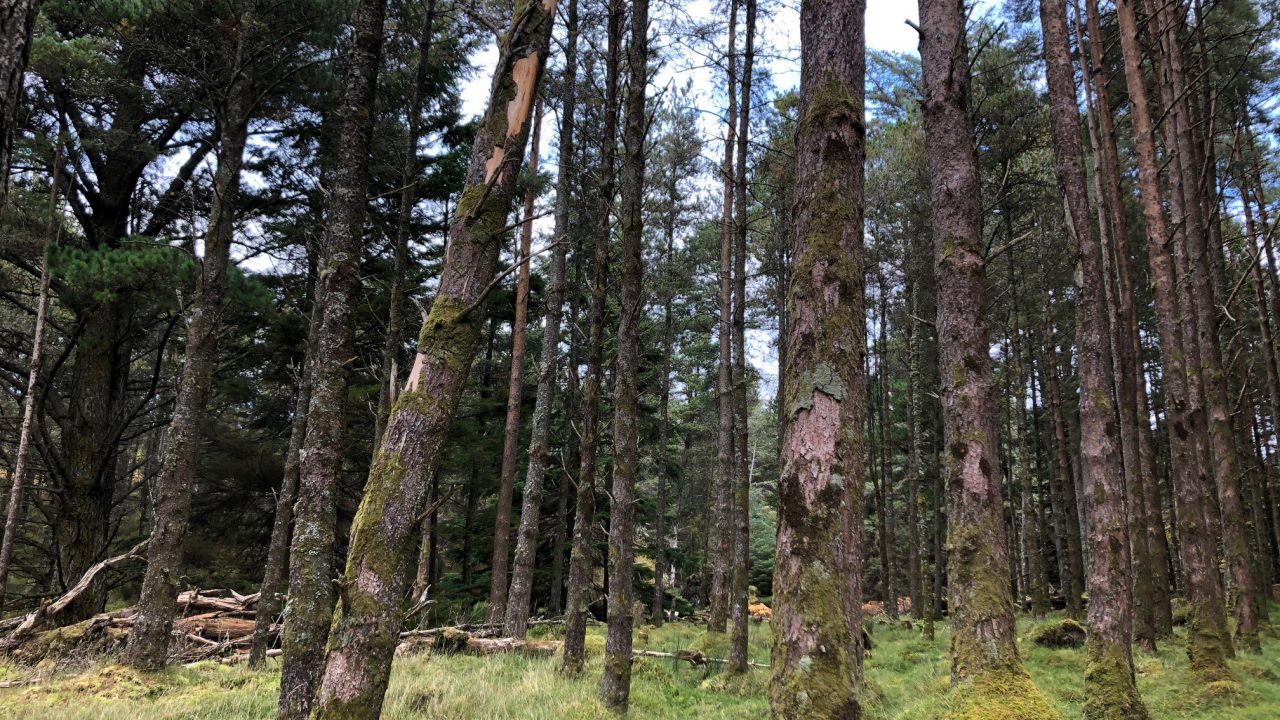Between 2002 and 2015, Ireland’s semi-state forestry company, Coillte has restored and rewetted 3,195ha of “ecologically valuable” blanket bog and raised bog habitats on its lands.
Blanket bog habitat spanning 1,988ha across twenty different locations, largely along the Western seaboard counties of Donegal, Sligo, Mayo, Galway, Clare, Kerry, and Offaly was restored.
In addition, two separate raised bog restoration projects saw 1,207ha of raised bog habitat of “high conservation value” restored in Laois, Meath, Westmeath, Cavan, Longford, Leitrim, Roscommon, Galway, and Tipperary.
These projects were completed in partnership with the European Commission’s LIFE Nature Unit. The Life Programme provides funding to support environment, nature conservation, and climate action projects across the EU.
Peatland restoration
Trees are “no longer” planted on deep peat soils in Ireland because there is now a “better understanding” of the carbon emission risk of planting these soils, according to Coillte.
The semi-state forestry company identified approximately 30,000ha of forests across its 440,000ha estate that are located on deep peat soils, which present a carbon emission risk and should be redesigned.
Coillte’s latest attempt to restore its peatland forests, known as the Wild Western Peatlands Project, including a pilot site at its Derryclare forest in Co. Galway, was recently refused planning permission by Galway County Council.
A 10-year planning permission was sought to restore and rehabilitate 281ha of Atlantic blanket bog and heathland which is currently planted with lodgepole pine and Sitka spruce, and to convert 62ha of forestry to native woodland.
Coillte
Despite the recent refusal of planning permission for the project, Coillte said it remains “fully committed” to its ambition to redesign 30,000ha of peatland forests by 2050 for “climate and ecological benefits”.
The semi-state forestry company said it will continue to engage with its key stakeholders, including Galway County Council, to work through “potential options” for delivering on its ambition going forward.
Coillte’s forestry estate consists of a variety of different soil types and habitats, of which 20% is currently managed primarily for nature. The ambition is to increase this to 30% by the end of 2025.
